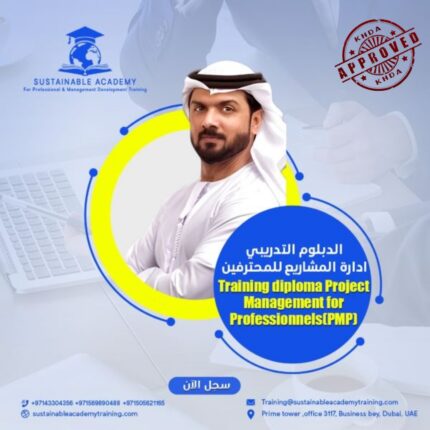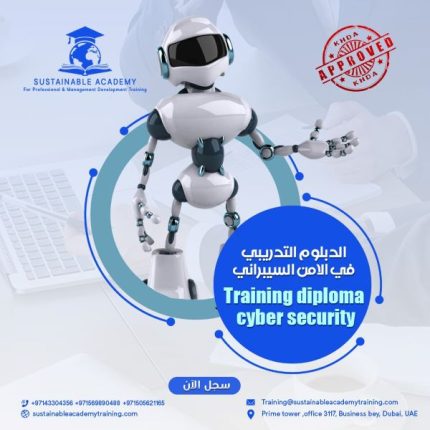Core Components of a Protocol and Etiquette Training Diploma
- Basics of Protocol:
- Definition and importance of protocol
- Different types of protocol (formal, diplomatic, social)
- Social Etiquette:
- Proper behavior in social settings
- Guest management and hospitality
- Greeting and introducing oneself and others
- Dining Etiquette:
- Table setting and use of utensils
- Eating and drinking manners
- Handling formal and informal dining invitations
- Official and Diplomatic Protocol:
- Behavior in formal events
- Interaction with VIPs and diplomats
- Seating arrangements and formal processions
- Workplace Etiquette:
- Professional conduct and behavior
- Effective workplace communication
- Managing meetings and negotiations professionally
- Digital Etiquette:
- Email and telephone manners
- Professional use of social media
- Managing virtual meetings
Benefits of Earning a Diploma in Protocol and Etiquette
- Enhanced Social and Professional Interactions: The diploma helps improve how you interact with others in both social and professional contexts.
- Increased Career Opportunities: The skills gained can open doors to new career opportunities in fields such as public relations, hospitality, and diplomacy.
- Boosted Confidence: Understanding the rules of protocol and etiquette boosts your confidence in social and professional situations.
- Professionalism: These skills help you present yourself and your organization in a professional and appealing manner.
A Training Diploma in Protocol and Etiquette is a valuable investment for anyone looking to enhance their social and professional skills. By acquiring these skills, individuals can present themselves confidently and professionally in various situations, thereby enhancing their personal and career prospects.











Reviews
There are no reviews yet.